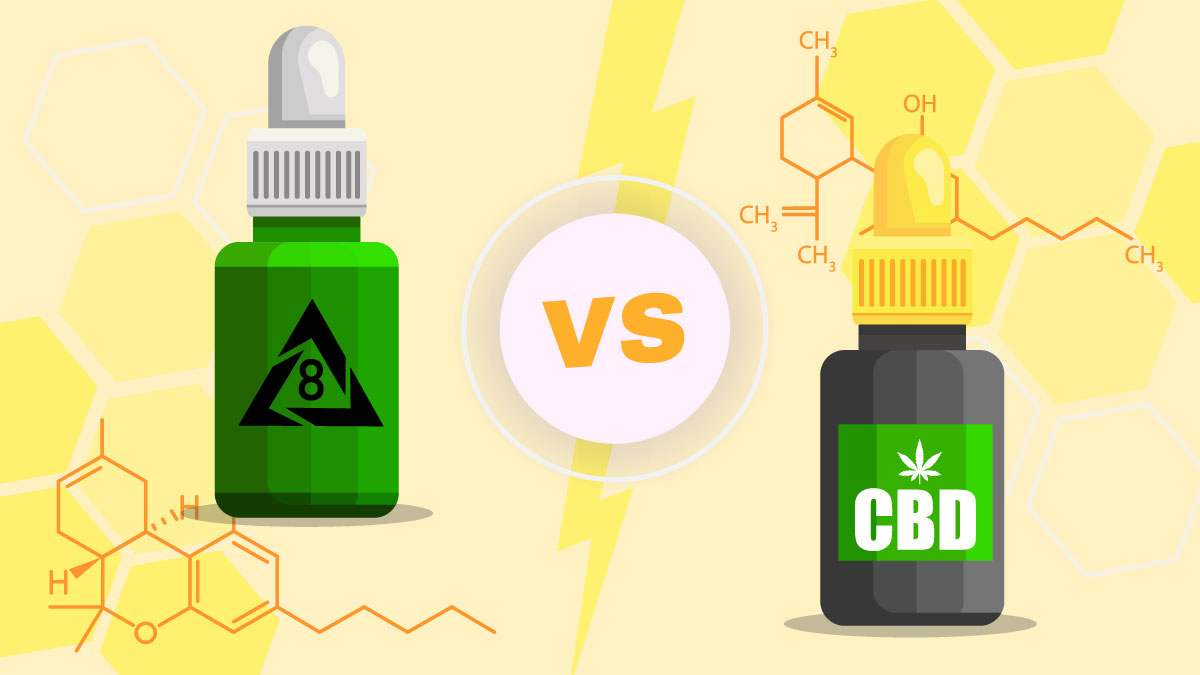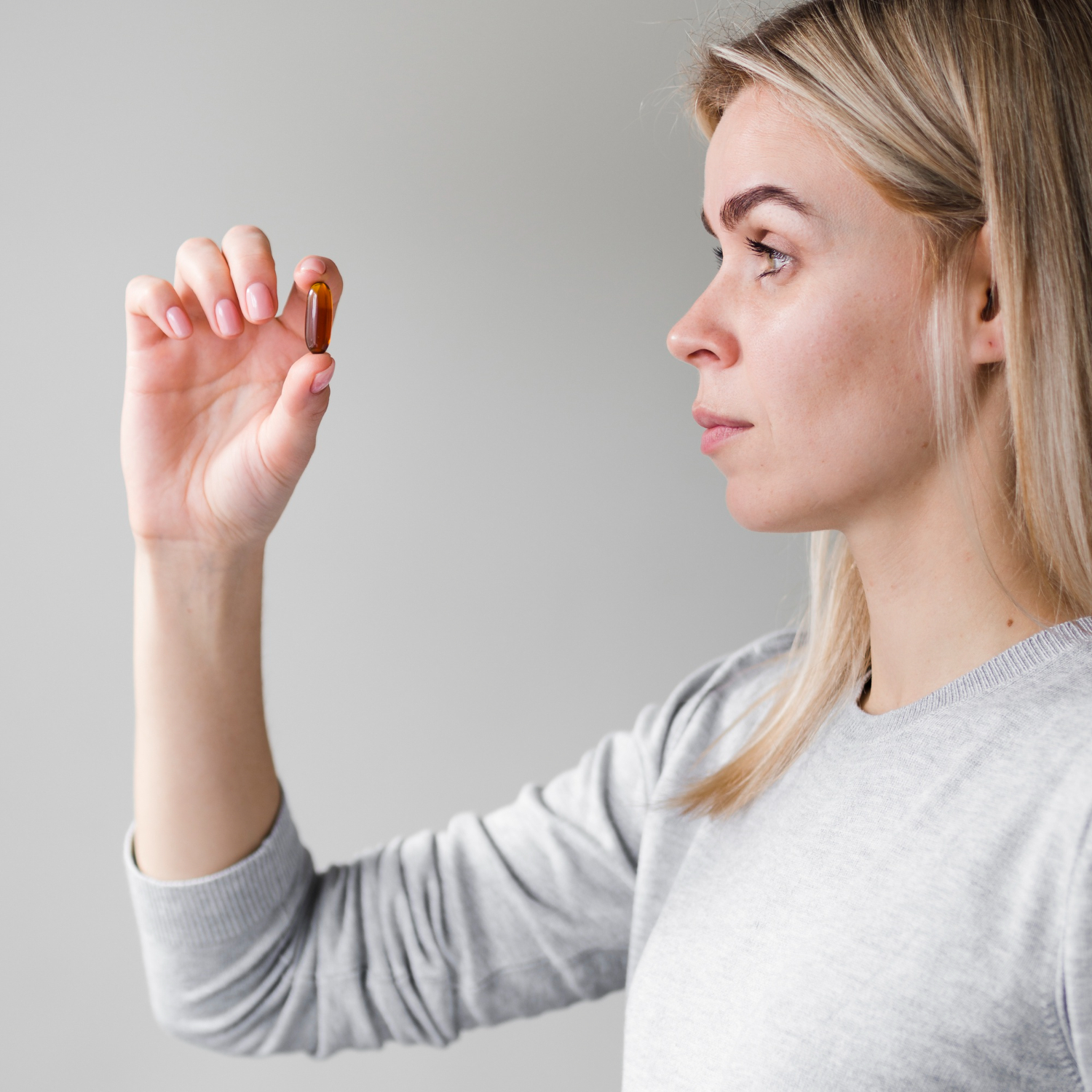What is addiction?
The first thing you should know about addiction is that it isn’t the same thing as being a “heavy” user. Heavy users may use drugs or alcohol less than once a week, while others may use it regularly every day. “Addiction” is defined as having an “internal need” to use a substance that is stronger than the person’s desire to avoid it. This internal drive combined with external factors, such as availability, family and peer pressures, and financial benefits, leads people down the path of addiction.
There are several types of addiction, which can be broadly broken down into behavioral and substance addictions. There are a few subtle distinctions between the types, but the internal factor in all cases is the same: the need to use instead of avoid. Trucare Trust is one of the leading and best De-Addiction Centre in India for alcohol and drug addiction treatment.
Why do people become addicted
Addiction often begins with a strong drive to use a substance. It is important to remember, though, that addiction is a disease that is made worse by external pressures and factors. An individual’s genetic makeup, upbringing, and environment can all play a role in whether they are at risk for developing an addiction.
That said, there are some reasons why certain people are more likely than others to become addicted. The first is that someone who is experiencing a mental illness is more likely to develop an addiction than someone without a mental illness.
Struggling with addiction: the warning signs
You may be struggling with addiction if you are using drugs or alcohol regularly, if you have lost control of your use and begun to work with negative consequences as a result of your behavior, or if you are planning to use drugs or alcohol but don’t want to because you know how it will negatively impact your life.
Other warning signs that you may be struggling with addiction include the following: You are spending a lot of time looking for drugs or trying to score drugs, You are skipping work or school to use drugs, You are lying to cover up drug use, You are stealing money or valuables to pay for drugs, You have unprotected sex or participate in risky activities that could lead to unwanted pregnancy or STI/HIV transmission, You are using drugs or alcohol more often or for longer periods of time than you did before, You are spending more time using drugs or alcohol than you used to or You have turned to use drugs or alcohol to self-soothe and/or cope with an emotional problem other than your addiction, like loneliness or sadness.
Finding hope in recovery
When someone you care about has a severe illness, like cancer or HIV, it’s easy to become hopeless and lose faith in the world. It’s easy to feel that there is nothing you can do to help your loved one and that you are powerless to help them get better. However, recovery is possible, and you can be an important part of it. If someone you care about is struggling with addiction, you can help them by offering hope for a better future. You can do this with both words and actions. On a practical level, you can help someone in recovery by keeping them from getting into any trouble. You can accomplish this by ensuring that they have somewhere to go when they are drinking or using.
How to help a loved one who is struggling with addiction
When someone you love is struggling with addiction, it can be easy to feel helpless and frustrated. You may want to reach out to them, but you’re afraid they won’t want your help or that they may even be embarrassed or resentful. You may even believe that your loved one simply doesn’t realize how bad they have it.
These feelings are normal, but they’re not helpful. You can’t help a loved one who doesn’t want help. You may want to accept this now, but no matter how bad things get, you have to remember that. The only person who can get better is the person struggling with addiction.
Wrapping up
If you recognize any of the warning signs in your loved one, it is important to reach out and talk with them about the symptoms. It may be easier to have these conversations before an episode of addiction occurs.
While it may be challenging to talk to someone about their struggle, it is important. You can talk to someone who cares about you and offer them advice about how to help. There are many resources available to assist you in this process, including the Center for Disease Control, the Substance Abuse and Mental Health Administration, and others.
It’s important to remember that addiction is a real disease that affects people’s lives and their choices. If someone you love is struggling with addiction, there are many resources available to help them get better. Get Directions to De-Addiction Centre in India.




